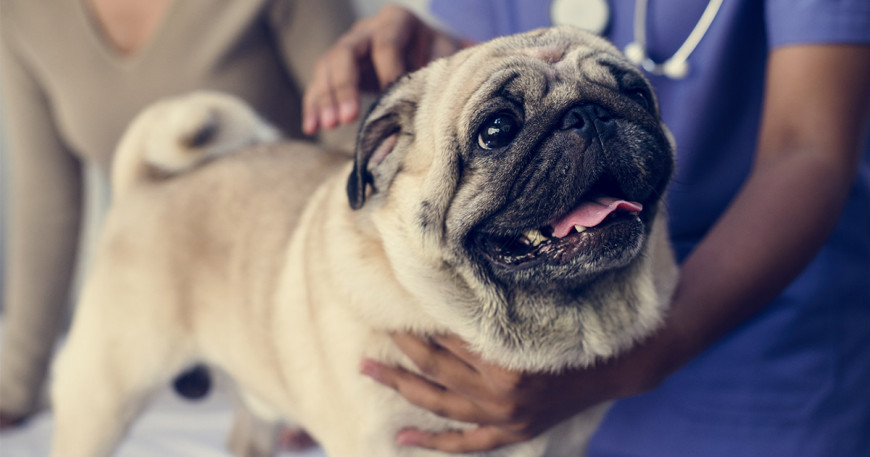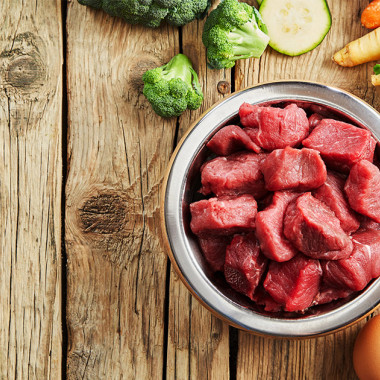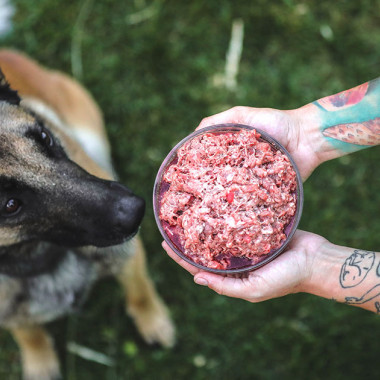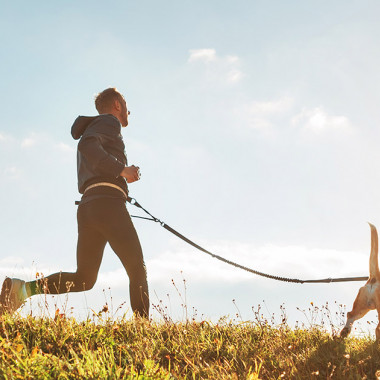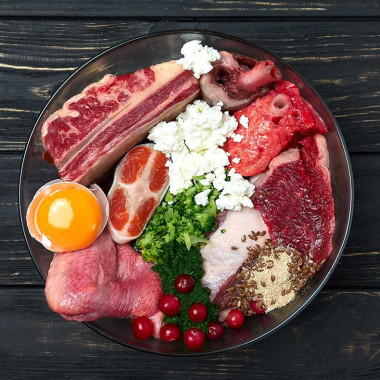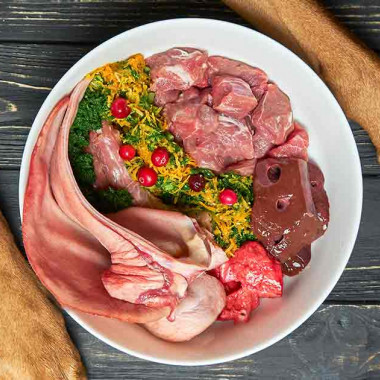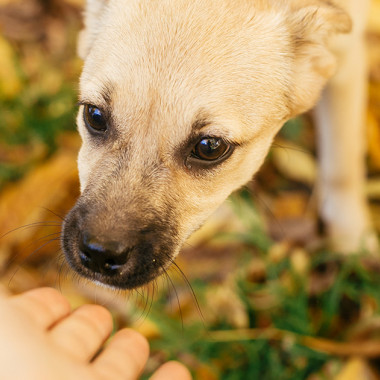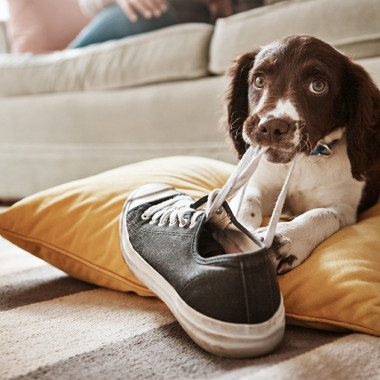Anal glands are a common problem and quite a popular topic among dog owners. Problems with anal glands should not be underestimated. Ignoring this issue can lead to recurring difficulties, which are not only unpleasant but, in some cases, extremely painful.
What are they?
Anal glands, also known as paranal glands, are skin derivatives located around the anus (rectal opening). Their position, as per the clock face, is at the 4 and 8 o'clock positions, and they open at the junction of the skin and rectum. These sacs serve as scent glands that secrete a substance with social significance for dogs. They are used for communication or identification of individuals, which explains why dogs often sniff each other's behinds.
Where can problems arise?
Under normal circumstances, the contents of the anal glands are expelled by the pressure of properly formed stool. This allows the dog to mark its stool and convey information to other dogs nearby. Problems arise when, for some reason, the secretion is not emptied through the stool, causing it to accumulate in the sacs. The reasons for improper emptying can include genetic predisposition, breed predisposition, infectious inflammation, poor diet, or blockage of the ducts. In such cases, the sacs must be emptied by a veterinarian through manual expression. If left untreated, the dog may experience discomfort, pressure, itching, and even pain. Typical signs of issues with anal glands include restlessness, excessive licking of the anal area, licking of the paws, and scooting (dragging the rear on the ground). Overweight dogs are particularly prone to such conditions. Fat surrounding the glands can prevent proper pressure from being applied, even if the stool is firm enough. This condition often affects older dogs of small breeds as well.
How to treat the problem?
Diet plays an important role. A healthy, well-balanced diet helps build a strong immune system, protecting the dog from various illnesses. By ensuring the right ratio of meat, bones, and supplements, we can provide firm stool. If the dog's stool is too soft, we can enrich the next meal with more bone content. Conversely, if the stool is too hard and the dog struggles with defecation, we can add fat to the diet and reduce the bone content. Prevention can also help. Preventing diarrhea of pathogenic origin reduces the risk of anal gland blockages caused by inadequate stool pressure. In cases where the dog has digestive problems linked to diarrhea, treatment is needed, followed by the right nutrition.
The overall health of every dog should be checked regularly by a veterinarian during routine vaccinations. Regular check-ups should also include an examination of the paranal glands.
